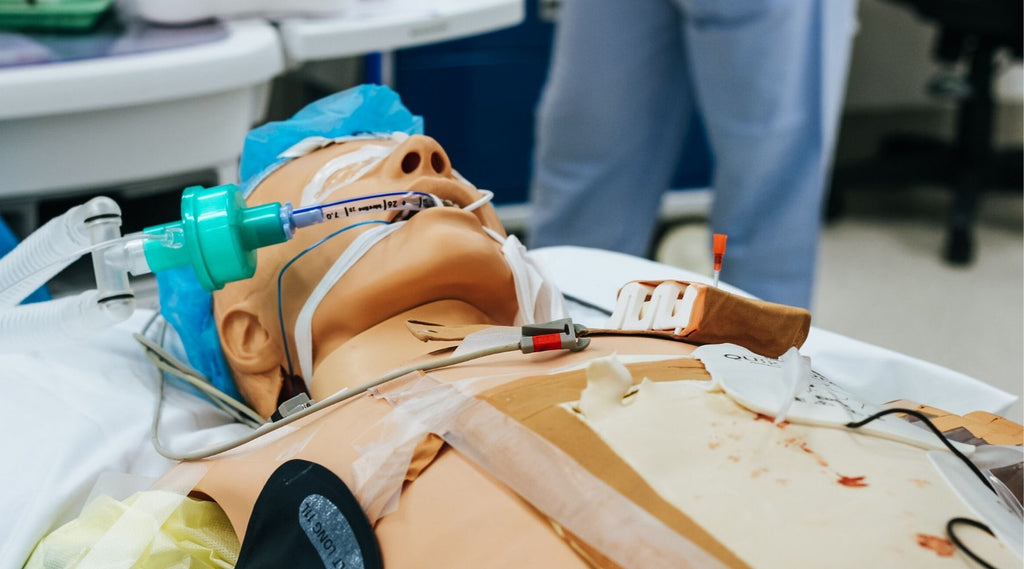Reducing Stress in Emergency Situations Amid Coronavirus Scare

Reducing Stress in Emergency Situations Amid Coronavirus Scare
Accidents can happen to anyone anywhere. Often, they occur when you least expect them, which causes agitation and confusion. Emergencies can sometimes be a life and death situation, especially now that there is growing scare as victims can be potential carriers of the coronavirus disease. As such, first responders must know the proper ways to handle stress as they provide care for a potential coronavirus patient.
Stay Calm
When faced with emergencies, the best thing anyone can do is to remain calm. Calmness is crucial to help you think straight. If you are responding to a coronavirus patient, try to quickly think of ways to safely handle your patient. Staying composed in an emergency can help to deescalate a situation and can even save lives. Panicking and stressing out over the accident will only make the situation worse. So, take a deep breath and focus on the things that you can do to help everyone get the help they need.
Make Your Safety a Priority
In an emergency, the first thing that you have to consider is your safety. Before helping anyone else, you need to be safe. This is the number one rule in emergency response. You cannot help if you need help as well. For example, when responding to a potential COVID-19 patient, you have to make sure that you are wearing the proper personal protective equipment (PPE). Do not rush into helping someone if you do not have the proper protection because you will subject yourself to harm, and you could also make matters worse. Assess the situation first. If you need to obtain their personal history, assume that they may be a carrier. Wear a mask, gloves, and goggles. Right now, the healthcare worker’s safety is the top priority. If you need to do a swab test, make sure that you won’t get contaminated while doing so. If you are under stress, you may ask someone else to do it for you. You have to calm down first and compose yourself.
Know Basic Life Support
Without any training, it isn’t safe to provide basic life support in case of emergencies. The goal is to give immediate care before paramedics arrive. This method allows the patient to have a better chance of survival. Many emergency care doctors are encouraging individuals to learn the basics of first aid from reputable institutions like Lifesaver Education. Getting a certification is excellent preparation for responding to emergencies that require the performance of cardiopulmonary resuscitation (CPR). Knowing the basics ensures that you are doing the procedure correctly and that you are prolonging the patient’s life. It is pretty common for COVID-19 positive patients to suffer from cardiac arrest, so preparation is key.
Call for Help
Don’t forget to call for help. Coronavirus patients would often undergo respiratory distress and it could be difficult to attend to when you are under a lot of stress. Make sure that you know who to call when you need help. It would be best if you can assign a partner when addressing the needs of a coronavirus patient. This way, you get the assurance that your stress levels would remain in check when you provide care for a COVID-19 positive patient. It would also be ideal to have a wearable to help you calm your nerves.
Emergencies can often get the best of us. The stress we feel in these situations affects how we think and react. When our emotions are high, we cannot think straight, and our decision-making process is hampered. That’s why it is essential for any emergency responder to remain calm and have a clear head when they try to help others.
*This blog post was written by Khazen Ali.
-
Posted in
Stress




